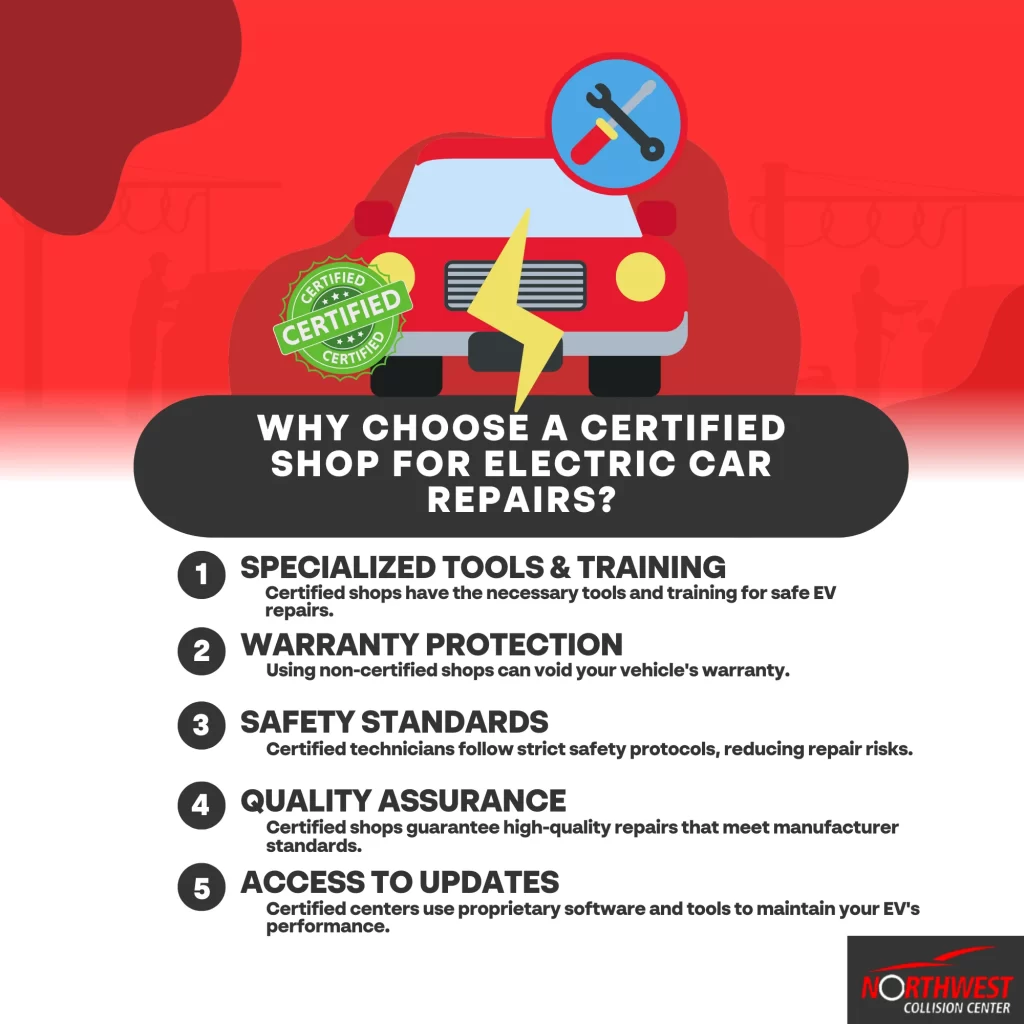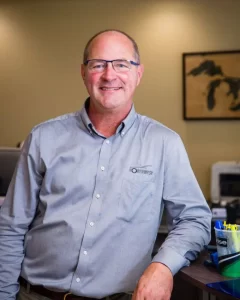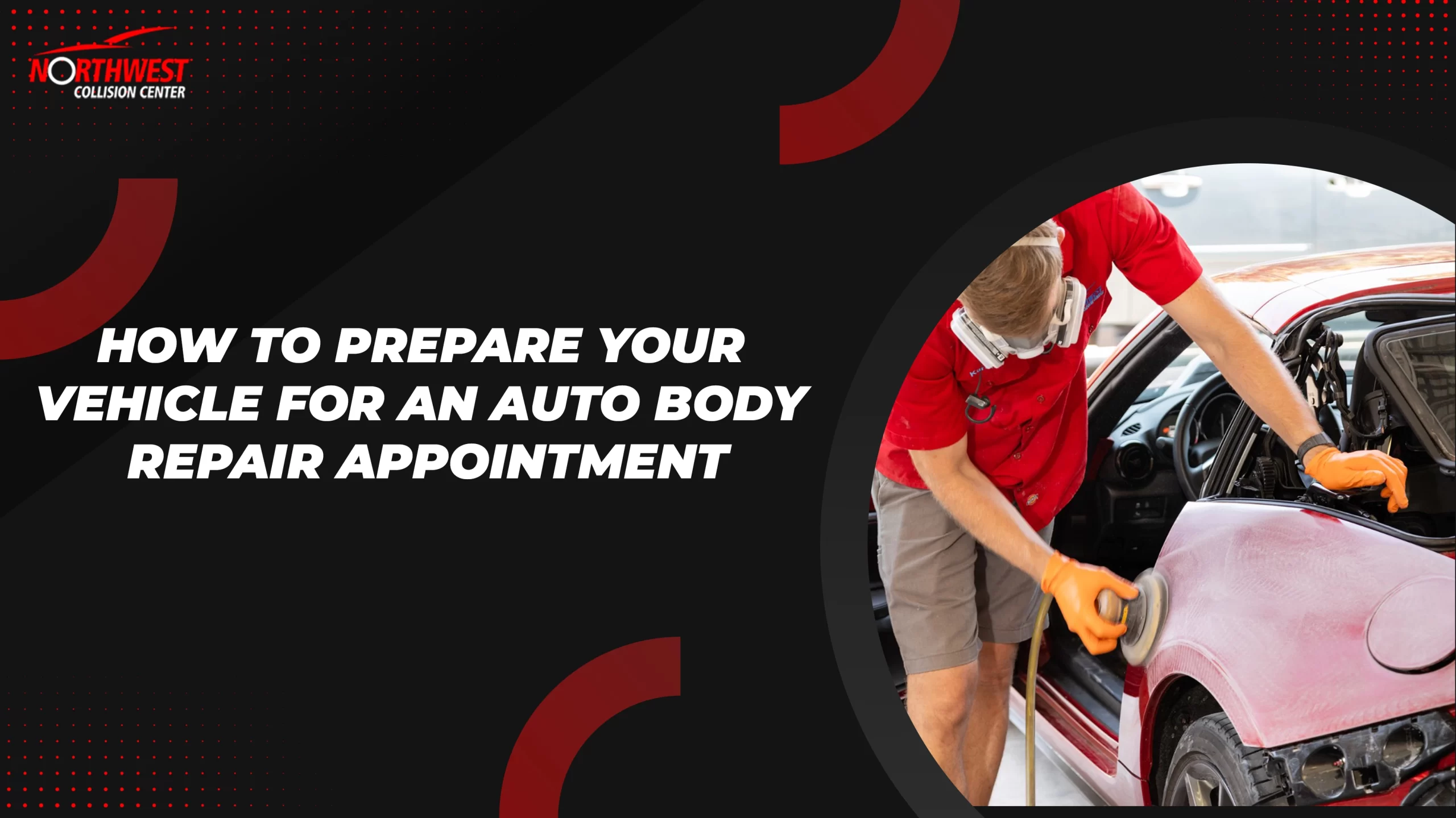Non-certified shops can attempt to repair electric cars, but it’s fraught with risks. They often lack the specialized training and equipment needed for high-voltage systems, battery management, and electric drivetrains. Certification guarantees adherence to manufacturer standards, including safety protocols and use of proprietary tools. Unauthorized repairs might not only compromise vehicle performance but also void warranties, especially for brands like Tesla. The quality and safety of repairs done by non-certified technicians can be unpredictable and potentially hazardous. If you’re curious about what differentiates certified from non-certified repairs, the nuances are quite revealing.

Key Takeaways
- Non-certified shops often lack access to specialized tools and proprietary software necessary for effective electric car repairs.
- Technicians in non-certified shops may not have the extensive training required for handling high-voltage systems safely.
- Repairs by non-certified shops can void warranties on critical components, leading to potential financial liabilities.
- Non-certified shops may not adhere to stringent safety protocols, increasing risks during the repair process.
- The quality of repairs in non-certified shops can be subpar due to limited expertise and inadequate training.
Understanding Electric Car Repair
When diving into electric car repair, it is vital to grasp the fundamentals of how these vehicles’ unique components and systems operate. Understanding the intricacies of electric drivetrains, battery management systems, and high-voltage components is significant. Unlike traditional internal combustion engine vehicles, electric cars demand specialized knowledge and equipment for effective diagnostics and repairs.
Tesla, as a leading manufacturer, has set specific standards for repair facilities. To meet the Tesla certified body shop requirements, a shop must invest in specialized training and equipment. This guarantees adherence to the precise Tesla repair procedures, which include handling high-voltage battery systems, aluminum body repairs, and advanced driver-assistance systems. Without this certification, a shop may lack the necessary expertise to address issues accurately and safely.
You’ll notice that Tesla certified auto body facilities are equipped with tools and diagnostic software customized for Tesla vehicles. This specialized setup allows technicians to perform repairs that maintain the integrity and performance of the vehicle. Non-certified shops may not have access to these proprietary tools and procedures, potentially compromising repair quality and safety. As a result, understanding the technical demands of electric car repair is fundamental before undertaking any repair work.
Certification Requirements Overview
To guarantee electric car repairs are performed to the highest standards, certification requirements for repair shops are meticulously defined and enforced by manufacturers like Tesla. When it comes to Tesla certified body shop requirements, shops must meet strict criteria that encompass specialized training, equipment, and facility standards. This guarantees that Tesla repair procedures are consistently followed, maintaining the integrity and safety of the vehicle.
To start, technicians need to complete extensive training programs provided by Tesla. This training covers everything from basic vehicle systems to advanced diagnostics and repair techniques. Shops must also invest in specific tools and equipment designed for Tesla vehicles, which are crucial for performing precise repairs without causing further damage.
Additionally, a Tesla certified auto body shop must adhere to stringent facility standards, including maintaining a clean and organized workspace and using approved materials and parts. This level of control guarantees that repairs meet Tesla’s stringent quality requirements.
Tesla’s Strict Repair Policies
When addressing Tesla’s strict repair policies, you’ll find that only authorized repair centers are permitted to conduct maintenance and repairs on their vehicles. This exclusivity guarantees adherence to Tesla’s stringent standards but has significant warranty implications if you opt for non-certified shops. Understanding these policies is vital for maintaining your vehicle’s integrity and warranty status.
Authorized Repair Centers Only
Tesla’s stringent repair policies mandate that only authorized repair centers can service their electric vehicles, assuring that repairs meet the company’s exacting standards. When it comes to Tesla, you can’t just go to any mechanic. The company has established rigorous Tesla certified body shop requirements. These requirements confirm that only shops with specific training, equipment, and certification can handle the complexities of Tesla vehicles.
To become a tesla certified auto body shop, a facility must adhere to Tesla procedures meticulously. This includes using Tesla’s proprietary tools and diagnostic equipment, and following detailed repair protocols outlined by the company. This certification process isn’t just a formality; it’s a thorough vetting system designed to confirm that every repair maintains the structural integrity and safety features of the vehicle.
Tesla’s strict guidelines also mean that unauthorized repairs might not just be subpar—they could be outright dangerous. The intricate electronics and unique construction materials used in Tesla vehicles require specialized knowledge and tools. As a result, sticking to authorized repair centers assures that your car will be serviced by technicians who are intimately familiar with Tesla’s specific repair processes. This adherence to high standards confirms the longevity and safety of your vehicle.
Warranty Implications Explained
Given these stringent repair policies, it’s essential to understand how unauthorized repairs can affect your Tesla’s warranty. Tesla enforces strict guidelines to guarantee that only Tesla-certified body shops conduct repairs on their vehicles. These shops meet rigorous tesla certified body shop requirements, which include specialized training and access to proprietary Tesla procedures and diagnostic tools.
Opting for repairs at a non-certified shop can lead to significant warranty implications. Tesla’s warranty policies are clear: unauthorized repairs can void portions of your warranty, particularly if the repair affects vital components such as the battery or drivetrain. Non-certified shops lack access to Tesla’s proprietary software updates and diagnostic capabilities, which can result in subpar repairs and potential safety issues.
Moreover, Tesla’s procedures guarantee that repairs maintain the vehicle’s structural integrity and functionality, adhering to the original specifications. When these procedures aren’t followed, it can compromise the vehicle’s performance, safety, and longevity. Tesla’s strict policies are designed to protect both the vehicle and the owner, guaranteeing that any work done meets their high standards.
Differences in Repair Training
When comparing certified and non-certified shops, you’ll notice significant differences in repair training. Certified technicians receive specialized knowledge on electric vehicle systems, adhere strictly to safety protocols, and have access to advanced equipment and tools. In contrast, non-certified shops often lack this level of expertise, potentially compromising both repair quality and safety.
Specialized Knowledge Requirements
Repairing electric vehicles (EVs) requires specialized knowledge and training that markedly differ from traditional internal combustion engine (ICE) vehicles. When dealing with EVs, particularly brands like Tesla, you need to understand the specific Tesla certified body shop requirements. These requirements guarantee that technicians are well-versed in Tesla repair procedures, which involve unique aspects such as high-voltage systems, battery management, and electric drivetrain components.
The specialized knowledge requirements for EV repair extend beyond just understanding how the vehicle functions. You must also be proficient in diagnosing and addressing issues specific to electric powertrains. For instance, the thermal management systems in EVs are critical and require precise handling to maintain battery efficiency and safety. Unlike ICE vehicles, where fuel and mechanical systems dominate, EVs demand expertise in electronics and software.
Given these differences, non-certified shops often lack access to proprietary repair manuals, specialized tools, and training programs that are crucial for proper EV maintenance. Tesla’s repair procedures are particularly stringent, necessitating certified training to handle their vehicles appropriately. Without this specialized knowledge, repairs can not only be ineffective but potentially dangerous, underscoring the importance of certification and proper training in EV repairs.
Safety Protocol Adherence
Understanding the specialized knowledge needed for EV repairs naturally leads to recognizing the importance of strict safety protocol adherence, especially since the repair training for EVs involves handling high-voltage systems that pose significant risks if not managed correctly. Certified shops, like those meeting Tesla certified body shop requirements, undergo rigorous training to guarantee they can safely handle these systems. Tesla repair procedures, for instance, mandate specific safety measures, including the use of insulated tools and protective gear to prevent electric shock.
Non-certified shops might not have access to the same level of training or up-to-date information on manufacturer-specific safety protocols. This gap can lead to inconsistencies in safety protocol adherence, putting both technicians and vehicle owners at risk. Certified shops are also regularly audited to confirm compliance with safety standards, something that non-certified shops may lack.
Moreover, certified technicians are trained to follow detailed safety steps, such as battery isolation procedures, to mitigate risks during repair. In contrast, the training at non-certified shops may not cover these essential safety aspects thoroughly. As a result, when considering repairs on your EV, it’s vital to evaluate whether the shop adheres to established safety protocols, especially those outlined in Tesla repair procedures.
Equipment and Tool Availability
Certified shops’ robust training programs guarantee that technicians have access to specialized equipment and tools specifically designed for electric vehicle repairs. These tools are critical for adhering to Tesla repair procedures, making certain that your vehicle is restored to its ideal condition. Non-certified shops often lack these advanced tools and may not meet Tesla certified body shop requirements, potentially compromising the quality and safety of the repair.
When you choose a certified Tesla mechanic near you, you can be assured they have the following indispensable tools and equipment:
- Diagnostic Software: Advanced software that communicates with the vehicle’s onboard systems to identify and resolve issues swiftly.
- High-Voltage Insulation Testers: These tools are fundamental to safely test and handle the high-voltage systems unique to electric vehicles.
- Battery Lifting Equipment: Specialized lifts designed to securely remove and replace the heavy and delicate battery packs.
- Calibrated Torque Wrenches: Precision tools that guarantee all bolts and components are secured to the manufacturer’s exact specifications.
Equipment and Tooling Needs
To effectively service electric vehicles, non-certified shops must invest in specialized equipment and tooling designed for high-voltage systems and unique components. Unlike traditional internal combustion engine vehicles, electric cars require advanced diagnostic tools and specific repair procedures. For instance, meeting the stringent Tesla certified body shop requirements means having access to high-voltage training and equipment. Tesla repair procedures are detailed and precise, often involving specialized tools exclusive to Tesla certified auto body shops.
You need to equip your shop with insulated tools designed to handle high-voltage systems safely. Standard tools can’t be used on electric vehicles without risking severe damage or injury. Additionally, diagnostic equipment customized to EV powertrains is vital to accurately identify and address issues.
Battery packs in electric vehicles often require unique lifting and handling tools. If you don’t invest in these, the potential for damaging the vehicle or injuring technicians increases. Furthermore, a climate-controlled environment is fundamental for battery repair and storage, providing ideal conditions to maintain battery health.
Warranty and Insurance Concerns
Steering through warranty and insurance concerns for electric vehicle repairs in non-certified shops often presents unique challenges that require meticulous attention to detail. For one, many manufacturers, including Tesla, have stringent requirements that can complicate matters. Tesla certified body shop requirements and Tesla procedures are designed to guarantee that repairs meet the highest standards, which not only affects the integrity of the repair but also impacts warranties and insurance claims.
When considering a non-certified shop, you must weigh the following:
- Warranty Voidance: Repairs performed outside certified facilities may void your electric vehicle’s warranty. Tesla repair procedures are specific, and unauthorized modifications or repairs can result in the loss of warranty coverage.
- Insurance Reimbursement: Insurance companies often prefer or even mandate repairs at certified shops to assure quality and safety. Non-certified repairs might not be covered or fully reimbursed.
- Quality Assurance: Certified shops adhere to manufacturer guidelines, guaranteeing that repairs meet precise standards. Non-certified shops might lack the necessary training and equipment, leading to subpar repairs.
- Resale Value: Properly documented repairs from certified shops can maintain or even boost your vehicle’s resale value, while uncertified repairs might decrease it.
Carefully consider these factors before opting for a non-certified shop.
Safety Standards and Protocols
Adhering to rigorous safety standards and protocols is crucial when it comes to electric vehicle repairs, especially in non-certified shops where the risk of deviation from manufacturer guidelines is higher. Electric vehicles, including Teslas, contain high-voltage systems and specialized components that require precise handling. Tesla certified body shop requirements mandate strict adherence to Tesla procedures to guarantee both the safety of the vehicle and the technician.
In non-certified shops, there’s a significant risk of non-compliance with these stringent safety standards. Tesla repair procedures involve specific steps for disconnecting high-voltage batteries, handling thermal management systems, and recalibrating advanced driver-assistance systems (ADAS). If these steps aren’t followed meticulously, it could lead to dangerous malfunctions or even accidents.
Technicians in non-certified shops might lack access to the latest service bulletins and proprietary tools specified by Tesla procedures. This gap can compromise the overall safety and reliability of the repair. Furthermore, the absence of proper training on Tesla’s complex systems increases the likelihood of errors that could have severe implications for vehicle performance and occupant safety. As a result, understanding and implementing the required safety protocols is non-negotiable for any shop working on electric vehicles.
Quality of Repairs in Non-Certified Shops
When evaluating the quality of repairs in non-certified shops, you’ll need to assess the skill and expertise levels of the technicians, as their training may greatly vary. Additionally, consider whether these shops have access to specialized equipment and tools necessary for electric vehicle repairs. Finally, examine their adherence to safety and compliance standards, which are essential for guaranteeing reliable and safe repairs.
Skill and Expertise Levels
Many non-certified shops often lack the specialized skills and technical expertise required for high-quality electric car repairs. This gap can greatly influence the quality and safety of the repairs performed on your vehicle. Certified shops, especially those meeting Tesla certified body shop requirements, are well-versed in Tesla procedures and Tesla repair procedures, guaranteeing their technicians have the necessary training and experience. In contrast, non-certified shops may fall short in several essential areas:
- Training: Certified technicians undergo rigorous training on electric vehicle systems, making sure they are up-to-date with the latest technology and methods.
- Safety Protocols: Certified shops strictly follow manufacturer-approved safety protocols, reducing the risk of improper handling of high-voltage components.
- Diagnostic Tools: Certified shops use advanced diagnostic tools specific to electric vehicles, enabling precise identification and correction of issues.
- Repair Techniques: Certified shops employ manufacturer-recommended repair techniques, making certain consistency with the original vehicle specifications.
Without adhering to these stringent standards, non-certified shops may inadvertently compromise the integrity and performance of your electric car. Their lack of adherence to Tesla procedures and repair protocols could lead to subpar repairs, potentially affecting your vehicle’s longevity and safety. For peace of mind, it’s vital to evaluate the expertise and certification status of the repair shop you choose.
Equipment and Tools Availability
In the domain of electric car repairs, the availability of specialized equipment and tools in non-certified shops often falls short, impacting the quality and reliability of the work performed. Non-certified shops generally lack access to the specific diagnostic tools, calibration devices, and repair materials required by manufacturers such as Tesla. Adhering to Tesla certified body shop requirements, for instance, necessitates specialized tools that are not only costly but also restricted in availability.
When you evaluate equipment and tools availability, the disparity becomes clear. Tesla repair procedures mandate the use of proprietary software and hardware, which are integral for accurate diagnostics and repairs. Non-certified shops may attempt to use generic tools, but these often fail to meet the precise standards necessary for electric vehicles, leading to suboptimal repairs and potential long-term issues.
Moreover, the absence of manufacturer-specific training on these tools further exacerbates the problem. Without the specialized equipment that certified shops have, non-certified shops can’t guarantee the same level of accuracy and reliability. This gap in equipment and tools availability directly translates to a significant difference in repair quality, making it critical to assess certification status when selecting a repair facility for your electric vehicle.
Safety and Compliance Standards
Guaranteeing safety and compliance standards in non-certified shops is often challenging due to their lack of adherence to manufacturer-specific protocols and guidelines. When it comes to electric vehicles, particularly brands like Tesla, not following the stringent Tesla repair procedures can lead to subpar workmanship and safety risks. Tesla certified body shop requirements are stringent for a reason—they verify that the vehicle is restored to its original safety standards.
Here’s what non-certified shops might struggle with:
- Lack of Specialized Training: Technicians in non-certified shops may not have undergone the rigorous training that Tesla certified body shop requirements mandate.
- Inadequate Tools and Equipment: Tesla repair procedures often require specialized tools that non-certified shops may lack, compromising the quality of repairs.
- Non-Compliance with Safety Standards: Non-certified shops might not follow the same safety standards, increasing the risk of accidents post-repair.
- Absence of Genuine Parts: Non-certified shops may use aftermarket parts that don’t meet the safety and quality levels specified by Tesla, potentially affecting the car’s performance and safety.
Potential Risks of Non-Certified Repairs
Opting for non-certified shops to repair your electric car can expose you to significant risks, including potential safety hazards and warranty voidance. Non-certified shops often lack the stringent adherence to Tesla certified body shop requirements, which are crucial for maintaining the integrity and safety of your vehicle. These shops may not follow the specific Tesla repair procedures, leading to substandard repairs that can compromise the performance and safety of your electric car.
One of the most critical potential risks of non-certified repairs is the improper handling of high-voltage components. Electric vehicles, like Teslas, operate on complex systems that require specialized knowledge and tools. Non-certified technicians might not be adequately trained in these advanced systems, increasing the likelihood of errors that could result in electrical malfunctions or even fires.
Additionally, using non-certified repair services can void your vehicle’s warranty, leaving you financially responsible for future repairs. Tesla’s warranty terms explicitly state that repairs must be conducted by certified centers to guarantee compliance with their rigorous standards. Ignoring this can lead to significant out-of-pocket expenses if further issues arise. Consequently, while non-certified shops might offer lower prices, the risks far outweigh the potential savings.
Finding Certified Tesla Repair Centers
To mitigate these risks and guarantee your electric car receives the proper care, locating a certified Tesla repair center is imperative. Certified centers adhere to stringent Tesla certified body shop requirements, making certain your vehicle is in expert hands. Here’s how to find the right facility:
- Visit Tesla’s Official Website: Tesla’s site offers a locator tool to identify certified Tesla mechanics near you. This makes certain you find a Tesla certified auto body shop that meets their rigorous standards.
- Verify Certification: Not all shops claiming to be Tesla-certified actually are. Always check for official certification badges and documentation when you arrive at the shop.
- Read Reviews and Testimonials: Customer feedback provides insight into the quality of service and adherence to Tesla’s stringent repair protocols. Look for consistent positive reviews about their expertise and reliability.
- Inquire About Equipment and Training: A certified Tesla mechanic near you should have access to Tesla-specific diagnostic tools and receive ongoing training. This makes certain they’re up-to-date with the latest repair techniques and safety standards.
Conclusion
In summary, while non-certified shops can technically repair electric cars, the risks and complexities often outweigh the benefits. Notably, a recent study found that 80% of electric vehicle owners prefer certified repair centers due to higher safety standards and specialized training. So, if you own a Tesla, it’s vital to take into account certified repair centers to guarantee both the quality and safety of your vehicle. Always weigh the potential risks before opting for non-certified repair options.










